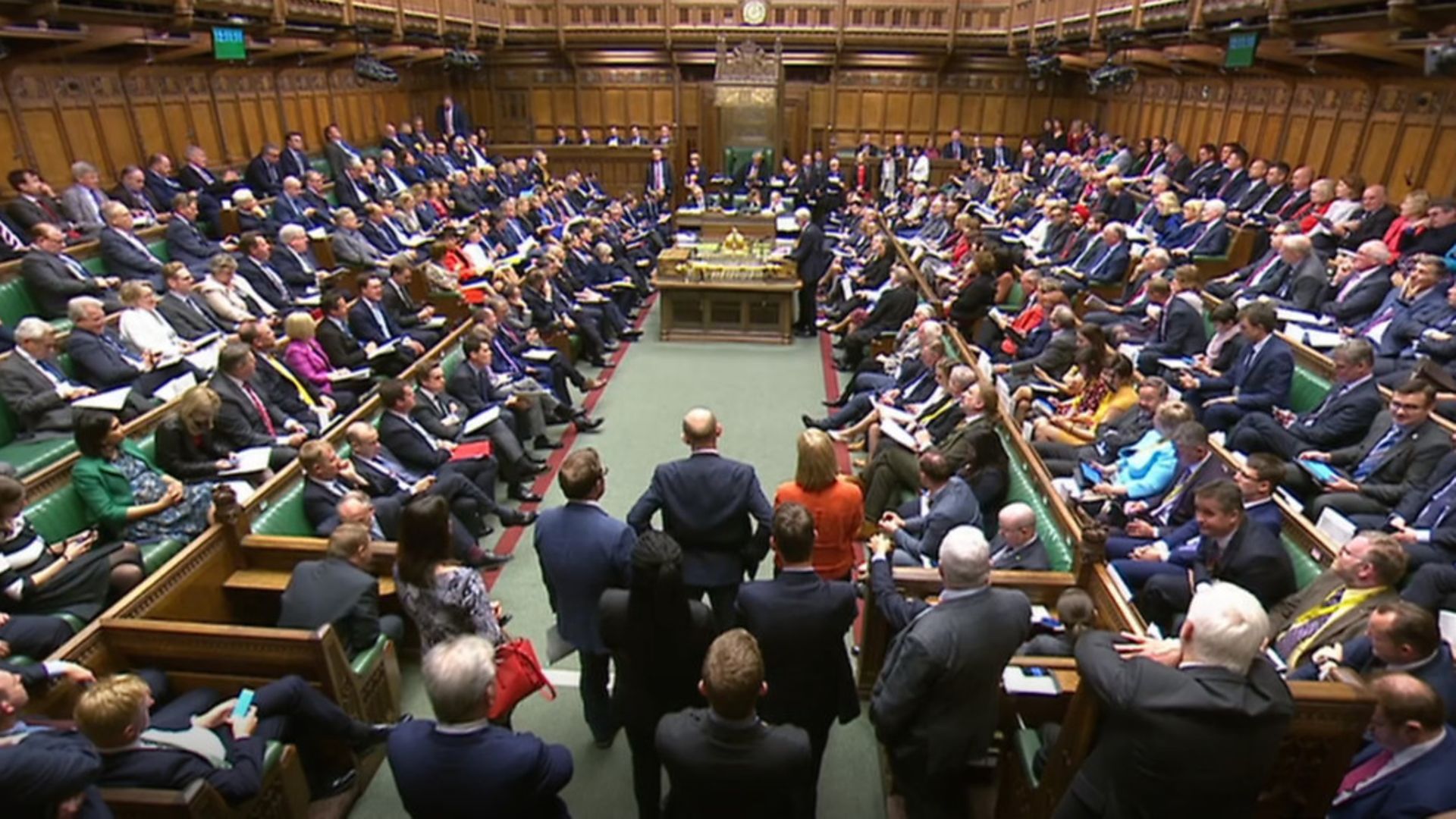
The Commons has become more a more divided and hostile place since the Tories were elected in 2010, research has revealed.
Analysis carried out by the think-tank Compassion in Politics has shown cooperation between Labour and Tory MPs has steadily declined since the Conservative won power a decade ago.
Examining voting records since Tony Blair’s re-election in 2001, researchers found cooperation by MPs on both sides of the political divide dropped to 31% in 2016 compared with 46% in 2009 when Labour was still in government.
The figure dropped dramatically to just 10% following the 2016 Brexit referendum.
The think-tank also found a rise in the use of “hostile” words in the Commons since 2016.
It said terms such as “enemies”, “traitor”, and “surrender” used in parliamentary debates between 2015 and 2019 had shot up by 50%, rising from 625 references to 946.
The organisation said this presented a “highly personalised and tribal style” of debate that has become commonplace since the Brexit vote in 2016.
The findings also show that cross-party support has been falling since the turn of the millennium. In 2001, Tory and Labour MP voted together on 42% of bills. That figure grew to slightly in 2009 but dropped to 36% after 2009 and to 31% after 2013.
Gabriel Moore, lead researcher on the project, said the results showed Labour and Conservative MPs have “clearly and consistently” moved further away from one another.
“From a period in 2001-2005 when they could find agreement nearly half of the time they voted, we are now in a position where they almost completely and persistently disagree.”
He added: “The sharp fall in agreement that occurred after 2016 was clearly caused by Brexit but I would argue that the trends emerging pre-2016 are indicative of a more totemic, long-term change that has been happening in British politics and could yet continue.”
The think-tank’s co-director Jennifer Nadel said although disagreement was an important element to democratic debate, the findings showed that British politics had become an “increasingly toxic, bitter, and destructive system which regards nastiness, point-scoring, and personal vendettas over constructive debate.”
Nadel is urging MPs to come together and plot a forward for the country after Brexit.
“It is time to end the parliamentary pantomime and bring some harmony and civility into politics,” she said.
Labour MP and co-chair for the All Party Group for Compassionate Politics, Debbie Abrahams, said she had personally witnessed debates become nastier over her nine years in parliament.
“Women in particular seem to be on the receiving end of put-downs, jibes, and jokes and we know that behaviour is being mirrored by the abuse that female MPs – and especially female BAME MPs – receive on social media and in the press.
“This has become particularly bad since 2016.”
Despite this, Abrahams remains optimistic about the future.
She said: “I know that there are many colleagues of mine, in all parties, who passionately believe in changing our politics for the better, in seeing the last few years as the nadir from which we rise rather than a path along which we must continue to tread.”
Abrahams and Compassion in Politics are calling for a new code of conduct for MPs, compassion training, and the strengthening of parliamentary standards to curb the bad behaviour and foster cooperation among all MPs.
Warning: Illegal string offset 'link_id' in /mnt/storage/stage/www/wp-includes/bookmark.php on line 357
Notice: Trying to get property 'link_id' of non-object in /mnt/storage/stage/www/wp-includes/bookmark.php on line 37






